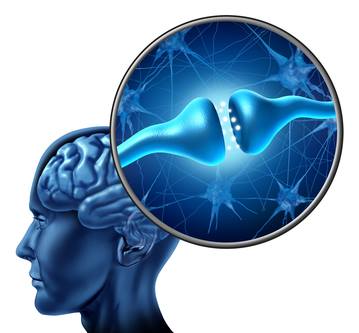Hypnosis
How Does Hypnosis Work?
For some, the word hypnosis may conjure up images of a hypnotic performance using a pocket watch that swings back and forth.
In reality, hypnosis has little or nothing to do with these stereotypical images. John Kihlstrom said, “The hypnotist does not hypnotized the someone. Rather, than hypnotist serves as a kind of guide, coach or tutor whose job is to aid the person become hypnotized.”
People used to believe that hypnosis is a form of unconsciousness, but modern research shows that hypnotic subjects are more alert and focused, with a corresponding reduction in environmental awareness. Articles that also show increased feedback and suggestions. In the first book on this subject, Neurypnology (1843), Braid defines “hypnotism” as a state of physical relaxation accompanied and stimulated by the mind.
What Effects Does Hypnosis Have?
The experience of hypnosis can differ greatly from person to person. Some individuals report feeling detached or extremely relaxed during hypnosis, while others feel that their actions seem to happen out of their consciousness. Some individuals may remain fully conscious and able to continue a conversation while under hypnosis.
Researcher Ernest Hilgard’s experiments have demonstrated how hypnosis can dramatically alter perception. After instructing hypnotized subjects not to feel pain in their arms, it will place the participants’ arms in ice water. While other non-hypnotized individuals had to remove the arm from the water after a few seconds due to the pain, hypnotized individuals could leave the arm in ice water for several minutes without pain.
The Benefits of Hypnosis/Hypnotherapy
The benefits of hypnotherapy are immense; read more about the benefits of hypnotherapy.
Hypnosis
Following are just some of the applications of hypnosis that have been proven with research to improve symptoms of:
Treatment of chronic pain syndrome such as rheumatoid arthritis.
Treatment and pain relief during childbirth.
Reduce symptoms of dementia.
Hypnotherapy may help treat some symptoms of ADHD.
The reduction of nausea & vomiting in cancer patients undergoing chemotherapy.
Pain control during dental procedures.
Eliminate or reduce skin conditions, including warts and psoriasis.
Relieves symptoms of Irritable Bowel Syndrome.
Can you be hypnotized?
While many people think they can’t be hypnotized, research has shown that many people are more capable of hypnosis than they believe. As noted above, there are many depths of ecstasy.
Hypnosis is a natural state.
- Fifteen percent of people have a high response to hypnosis.
- Children incline to be more susceptible to hypnosis.
- About ten percent of adults consider hypnosis difficult or impossible.
- People who are prone to daydreaming respond more quickly to hypnosis.
- Research has suggested that people who positively view hypnosis tend to respond better.
Discover the unexplored in your world by searching where you never thought possible.
Who knows what treasures you will discover as you venture into this uncharted territory? What possibilities will open up in your life because you dared to learn ways to forge your way to success?
Hypnosis is the threshold.

